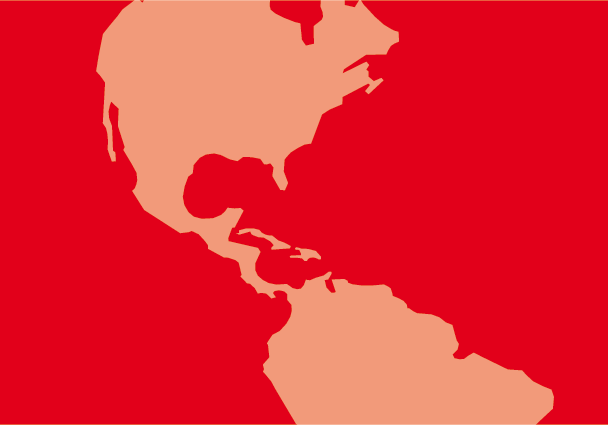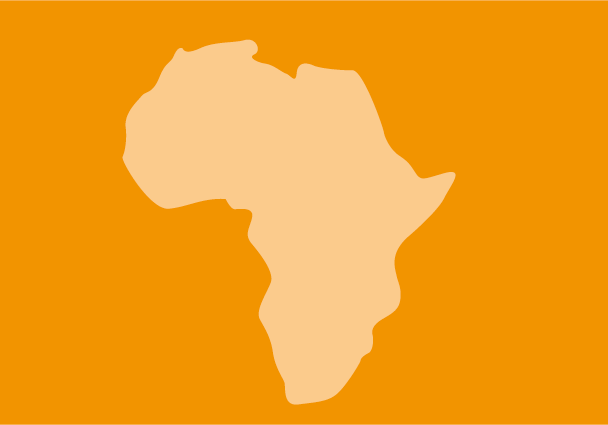
Jan 1, 1997
The ICJ has been concerned by developments in Tibet for almost four decades. In 1959 the ICJ published “The Question of Tibet and the Rule of Law”, which examined Chinese policy in Tibet, violations of human rights in Tibet and the position of Tibet in international law.

Dec 1, 1996
The questions posed in the preface of the 1992 ICJ report of a mission to Hong Kong, Countdown to 1997, issued in 1992, remain unanswered even though the future has almost been reached.
The future is 1 July 1997. On that date, sovereignty over Hong Kong will be transferred from the United Kingdom to the Peoples’ Republic of China.
The ICJ has continuously been concerned about the maintenance and protection of the Rule of Law, respect for human rights and the independence of the judiciary, after the territory reverts to Chinese control. These concerns were initially broached in Countdown to 1997.
At that time, in 1992, the two main questions were: will the Government of the Peoples’ Republic of China allow Hong Kong the high degree of autonomy which it has promised? And will the Chinese government allow the people of Hong Kong to continue to benefit from and exercise the universal rights and freedoms which it has so far denied to its own citizens? The answers to these questions remain, so far, from satisfactory.
As part of an ongoing follow-up, the President of the ICJ, Justice Michael D. Kirby AC CMG, visited the British territory in October 1996. He met with representatives of the Territory’s government, the legal profession and members of the Legislative Council and the Executive Council.
This follow-up report of Justice Kuby’s visit provides a disturbing account of the uncertainty that remains just a few months away from the transition of sovereignty from the United Kingdom to China.
It is now increasingly evident that strong mobilisation and vigilance will be required from international human rights bodies and the international community to ensure that for the six million inhabitants of Hong Kong, the territory can be kept safe for democracy, the Rule of Law and human rights.
The ICJ, for its part, has committed itself to endeavour to ensure that this transition will not be to the detriments of the people of Hong Kong.
Hong Kong-the countdown continues-fact finding mission report-1996-eng (full text in English, PDF)

Nov 1, 1996
Nepal is an agricultural country. The problem of landlessness has been very much acute in this country. Even a landownership title is needed for claiming citizenship in the country.
Land titles make a person creditworthy and socioeconomic entitlements are correlated with the size of land holding. This report seeks to bring to fore the state of agriculture and the relationship between agrarian relations and human rights.
The study report consists of seven chapters. The first chapter provides a short socio-economic profile of Nepal. The second chapter deals with state of farm productivity in Nepal. The third chapter takes a look at the agrarian structure or the state of agrarian relations in the country. The chapter four of the report discusses land reform
measures undertaken in the past. The chapter also takes a critical look into the reasons why the past land reform initiatives failed. The major highlights of the Land Act (Fourth Amendment) are also included in the chapters.
Chapter five discusses the relationship between democracy, development and human rights. Moreover, chapter six provides an elaboration on the human rights implications of the existing agrarian relation in country.
Chapter seven sets forth some conclusions and recommendations.
Nepal-human rights agrarian relations-thematic report-1996-eng (full text in English, PDF)

Sep 1, 1996
Materiales de lectura para apoyar el VII Curso Internacional “La justicia y los derechos humanos en los procesos de modernización” que ocurrió en Lima, del 9 al 11 de septiembre 1996.
Los materiales que la CIJ y la Comisión andina de juristas entregaron servirán de apoyo para un mejor análisis y discusión de los temas, así como para la resolución de los casos que se discutirán en las Comisiones de Trabajo. Algunos de estos materiales son fragmentos de obras mayores o estudios introductorios a obras colectivas acerca de los problemas de la administración de justicia y que tienen relación con los ejes temáticos de nuestro VII Curso Internacional.
Latin America-justice human rights procedures-reading materials-1996-spa (Full text in Spanish, PDF)

Jan 1, 1996
Rapport faisant état de la situation telle que les experts de la CIJ ont pu la constater pendant leur séjour au Congo au mois de juin 1995.
La CIJ, extrêmement préoccupée par l’érosion de la primauté du droit au Congo, notamment le dysfonctionnement de l’Etat et de l’institution judiciaire, a voulu étudier et évaluer la situation des droits de l’homme, avec un accent particulier sur l’administration de la justice . Au vu des défaillances constatées durant la mission, les auteurs (Atsu-Koffi Amega, Jean-Marie Crettaz, Haby Dieng, Dorothée le Fraper du Hellen) ont tenté de dresser une série de recommandations qui ont pour but de favoriser l’instauration des piliers d’une véritable démocratie.
Le rapport contient trois parties: contexte général, situation des droits de l’homme et de la justice, conclusions et recommandations, ainsi que des Annexes: Constitution et lois pertinentes.
Congo-human rights justice-fact finding mission-1996-fra (Full text in French, PDF)









